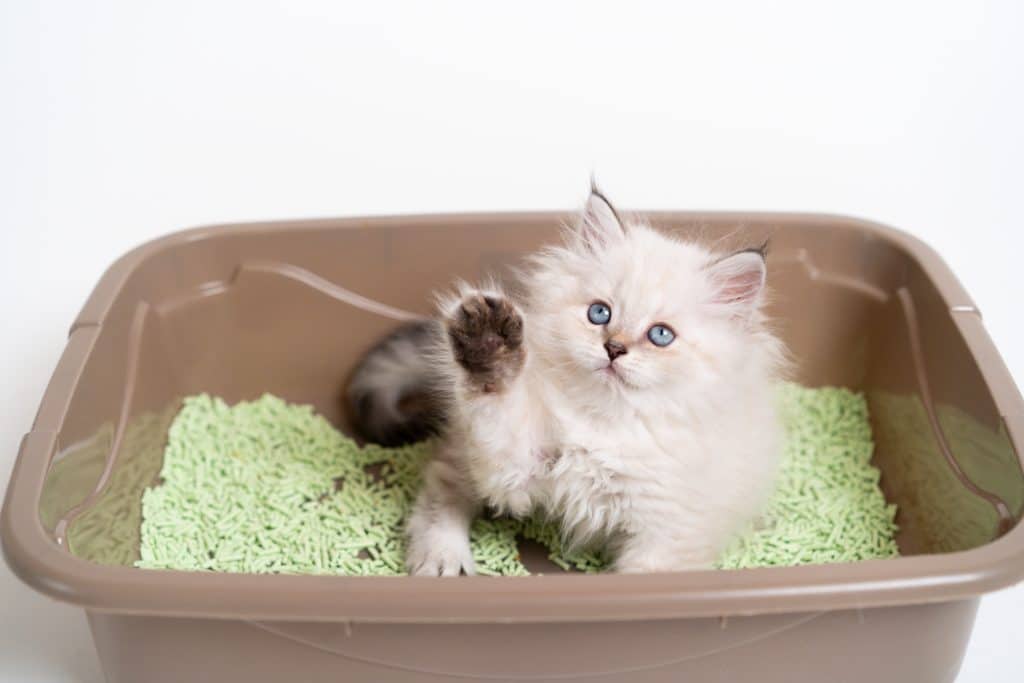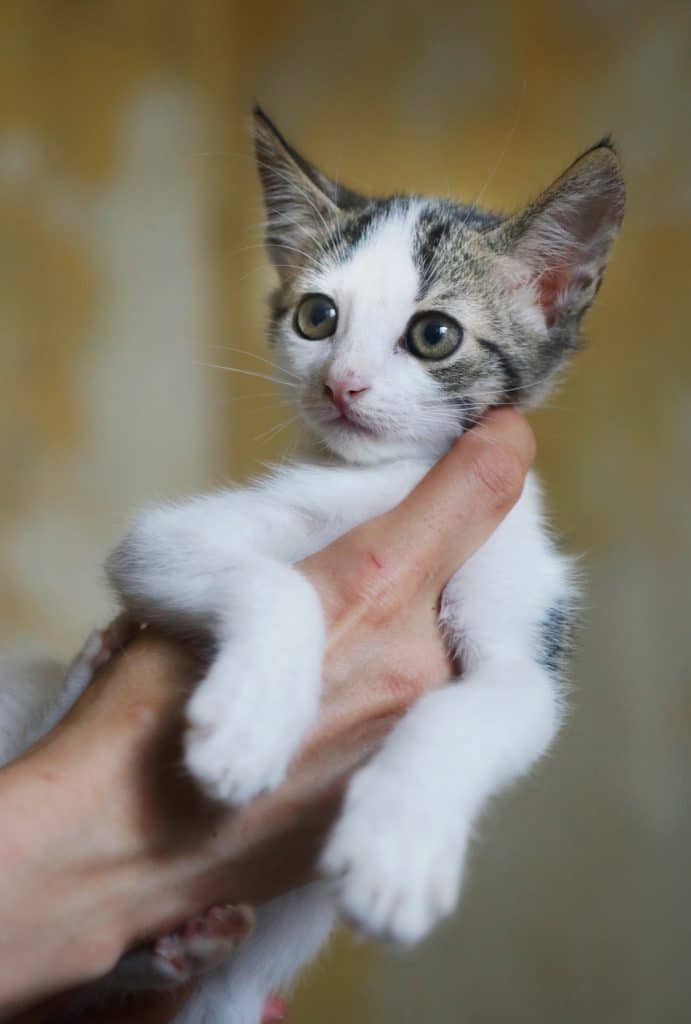If you’re a new kitten parent, you may wonder what to expect when it comes to your kitty’s behavior. Kittens can be cute and cuddly, but they can also be a lot of work! There are some common behavior problems that kittens can have, and today you’re going to learn about a few. Remember that not all kittens will exhibit these behaviors; some may only have one or two. If your kitten is showing any of these problems, don’t worry – there are ways to correct them!
The Early Stages Kittens Go Through

As any cat lover knows, kittens are adorable. They are small, playful, and full of energy. However, many people don’t realize that kittens go through several crucial development stages in their first few months of life. The first stage is the neonatal stage, which lasts from birth to two weeks of age. At this point, kittens depend entirely on their mother for food and shelter. Unfortunately, they are also very vulnerable to disease and injury.
The second stage is the transitional stage, which lasts from two weeks to four months of age. During this time, kittens explore their surroundings and play with other cats. They also start to eat solid food. The third stage is the socialization stage, which lasts from four months to one year of age. This is when kittens learn critical social skills such as hunting and fighting. After the socialization stage, kittens enter adulthood and become fully independent cats.
Each stage is crucial for a kitten’s development into a healthy adult cat. So if you’re thinking about getting a kitten, be sure to do your research and be prepared for some lovely (and sometimes chaotic) fun!
Typical Behavior Problems In Kittens
Depending on their stage of development and individual personality, kittens can exhibit various behavior problems. Here are some of the ones to watch out for:
Scratching Furniture

It’s natural for kittens to scratch. They need to do it to remove the outer layer of their nails, called the cap, and to mark their territory. Unfortunately, this instinctive behavior can quickly become a problem for pet parents. Scratching can damage furniture, walls, and doorways, and it can be challenging to train a kitten to stop. Kittens typically start scratching around four months when their adult teeth come in. However, some may start earlier or later. If your kitten is scratching furniture, there are a few things you can do to deter them.
First, provide them with an alternative object to scratch, such as a scratching post or cat tree. Make sure it’s tall enough for them to stretch out fully and sturdy enough that it won’t tip over. You can also discourage scratching by using a spray bottle filled with water or a squirt gun to give them a light spray whenever they scratch furniture. With patience and consistency, you can train your kitten not to scratch furniture and positively redirect their instincts.
Biting

When you adopt a kitten, you may not think about the fact that they will need to be trained not to bite. However, biting can be a serious behavior problem for the kitten and their human family. Kittens typically start to bite when they are around eight weeks old, as they begin to explore their world with their mouths. If this behavior is not corrected, it can become a lifelong habit. In addition to being painful, biting can lead to skin infections and other health problems.
Bitten humans may also be less likely to continue interacting with the kitten, stunting their social development. Fortunately, there are several ways to discourage a kitten from biting. Things like redirecting their attention to a toy, making loud noises to startle them, and giving them a time-out can help stop biting behavior. It’s important to be consistent in your training and never use physical punishment, as this may only worsen the problem.
Excessive Meowing

Cats are known for their vocal nature, but excessive meowing can become a nuisance for pet parents. Kittens may meow more as they try to communicate their needs and desires, often in the early stages of development before they learn other ways to communicate. However, some cats continue to meow excessively throughout their lives.
To address excessive meowing, it’s important first to figure out why your kitten is doing it. Are they bored or lonely? Do they need to go outside to use the bathroom? Are they hungry or thirsty? Once you understand the cause, you can address it and eliminate the meowing behavior. Providing plenty of stimulation, exercise, attention, and proper nutrition can help reduce excessive meowing in kittens.
Not Using A Litter Box

Training a kitten to use a litter box is essential to cat ownership, but kittens may struggle with it as they learn how to use the bathroom properly. Kittens typically use the litter box around 4-6 weeks old, but some may take longer. It’s important to choose a litter box that’s big enough for your kitten and provide them with plenty of litter. If the litter box is kept clean and easily accessible, your kitten will be more likely to use it properly.
However, if they continue to have accidents outside the litter box, it’s important to take them to the vet to rule out any health issues causing this behavior. It is common for kittens to have accidents while still getting used to the litter box, but persistent problems may require professional assistance. Things like decreasing stress and providing positive reinforcement when they use the litter box can also help train them to use it properly.
Wool Sucking

Some kittens may develop the habit of sucking or chewing on wool or other fabrics. This can be a harmful behavior, as they can ingest the material and potentially experience digestive issues or gut blockages. In addition, it can also damage furniture and clothing. Unfortunately, a few possible reasons for this behavior include boredom, anxiety, seeking comfort, or a nutritional deficiency.
It’s important to address any underlying reasons for the wool-sucking behavior and provide your kitten with appropriate outlets for their needs. This can include increasing playtime, providing scratching posts, offering comfortable beds and hiding spots, and ensuring they get proper nutrition. Removing tempting fabrics from the area and providing appropriate toys or chew treats for your kitten may also be necessary.
Understand The Common Behavior Problems In Kittens!
Kittens can exhibit various behavior problems, but you can often address these issues with patience and consistency. It’s essential to understand the underlying reasons for the behavior and provide appropriate outlets for their needs. If necessary, seeking professional help from a veterinarian or animal behaviorist can also be beneficial in correcting problematic behaviors and ensuring a happy and healthy relationship with your kitten. It is important never to give up and always show them love and patience as they learn and grow!